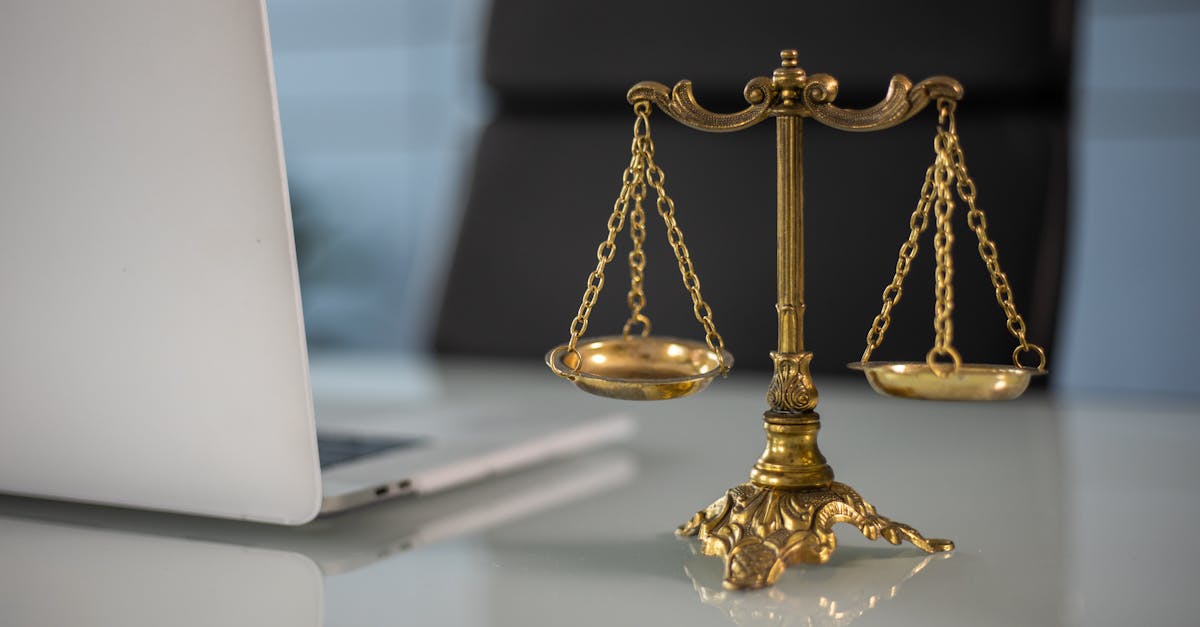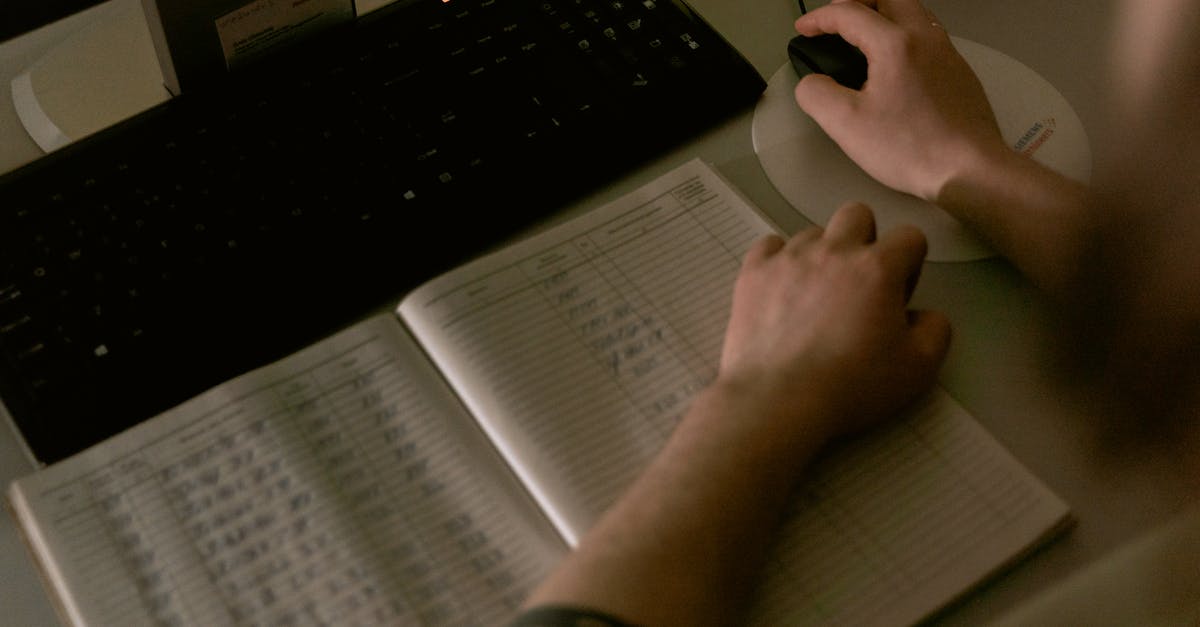AI-Powered Expert Witness Selection: Best Practices for Personal Injury Lawyers
For personal injury lawyers, expert witness selection has always been equal parts art and science. The stakes are high: the right expert can clarify complex medical, engineering, or economic issues for a judge or jury—while the wrong one can harm your client’s credibility and your case’s outcome. As personal injury litigation evolves, so too do the tools at our disposal. Artificial intelligence (AI) is rapidly transforming how we evaluate, select, and verify expert witnesses, bringing new levels of precision, insight, and efficiency to the process.
Understanding the Value of AI in Expert Witness Selection
Expert testimony can be the make-or-break factor in countless personal injury trials. Yet for decades, lawyers have relied on manual networks, word-of-mouth recommendations, and labor-intensive online research—processes that are time-consuming and, at times, subjective.
- Reducing Bias: AI can help filter through hidden biases in traditional referrals by objectively parsing through public records, publications, and court testimony to identify the most qualified experts for your composition of facts.
- Streamlining the Search: Modern AI tools can scan thousands of expert profiles, deposition records, and published opinions in minutes—work that used to take weeks of paralegal and associate time.
- Enhancing Outcome Prediction: By analyzing prior testimony, credentials, and win rates, AI offers powerful new methods to predict an expert’s potential effectiveness based on historical case data.
Step 1: Define Your Case-Specific Expert Criteria
Clarity up front saves time and increases your odds of success. Start with a well-defined list of what you need in your expert witness—bringing this criteria to any AI-powered or traditional vetting process. Consider the following:
- Field and Specialty: What kind of expertise does your case demand? For example, is your matter a spinal injury from an auto accident (requiring an orthopedic surgeon), or a commercial vehicle incident (calling for a biomechanical engineer)?
- Regional Experience: Has the expert previously testified in the relevant jurisdiction? Some courts or local opposing counsel may have unique preferences or reputational histories.
- Testimonial Track Record: Consider the expert’s previous testimony outcomes—how often were they accepted as credible and admissible?
- Communication Skill: AI-driven content analysis of testimony transcripts can help assess clarity, consistency, and jargon avoidance in previous court proceedings.
Step 2: Harness AI for Data-Driven Shortlisting and Vetting
Once your ideal profile is established, leverage AI-driven research to efficiently vet a wide pool of candidates. Here is how this step works:
- Automated Profile Screening: AI rapidly sifts through experts’ credentials, rulings, and licensure status across professional databases, expediting the vetting process.
- Natural Language Processing (NLP) Review: By examining court transcripts, depositions, and published articles, AI can flag inconsistencies, gaps in explanation, and even detect tone or communication deficiencies that may impact juror trust.
- Conflict of Interest Checking: AI cross-references expert histories for potential issues—prior testimony for opposing parties, published opinions that may compromise impartiality, or outdated credentials.
Step 3: Predictive Analytics — Matching Experts to Your Case Strategy
Modern AI technologies can be trained to highlight which experts stand the greatest chance of helping you achieve a favorable outcome, by transparently weighing quantitative variables such as:
- Success Rates By Jurisdiction: Does this expert tend to be admitted, trusted, and persuasive with fact-finders in your region or type of court?
- Experience vs. Your Opponents: Has the expert performed well (or poorly) when cross-examined by this judge or opposing counsel?
- Themes and Gaps in Prior Work: Using text analysis, AI can help identify if an expert is skilled in explaining key points you’ll need to win—or if they typically falter under cross-examination in similar fact patterns.
Step 4: Ongoing Expert Tracking and Performance Optimization
Your work isn’t done after the initial selection—ongoing feedback keeps your pool of experts sharp and relevant. AI systems can help you accomplish this by:
- Cataloguing every expert’s impact on past cases within your office or firm, including outcome data and feedback from attorneys and clients.
- Tagging relevant criteria (e.g., persuasiveness, technical accuracy, communication skill) for continuous improvement in your selection algorithms.
- Re-training or adjusting weight on selection criteria as legal standards, case law, or regional practice patterns evolve.
Best Practices for Implementing AI in Your Personal Injury Practice
- Data Quality Is Paramount: Investing in accurate, up-to-date, and diverse data reduces the risk of algorithm bias and inaccurate recommendations.
- Keep Human Judgement Central: AI augments, but never replaces, the lawyer’s critical thinking and ethical obligations. All recommendations and matches must be reviewed by experienced attorneys, in accordance with your jurisdiction’s rules of professional conduct.
- Maintain Transparent Documentation: Record your search criteria, review notes, and reasons for selection or rejection in your case files as part of best practices. This proves invaluable if expert challenges or Daubert motions arise pre-trial.
- Prioritize Security and Confidentiality: Legal matters are inherently sensitive. When considering any new technology, ensure strong commitments to data privacy, encryption, and compliance with relevant standards such as SOC 2 and ISO 27001. (At Paxton, for example, we maintain a closed, secure AI environment; learn more on our security page.)
Looking Ahead: The Future of AI in Expert Witness Selection
While today’s AI streamlines research, tomorrow’s innovations could go even further, with developments like:
- Simulated Testimonies in Virtual Environments: Preview how an expert might perform under direct and cross in a virtual courtroom.
- Immutable, Transparent Credentialing: Blockchain-based systems for expert certifications may simplify background checks and enhance trust.
- Real-Time Juror Sentiment Analysis: Advanced tools could, one day, provide live feedback on how mock jurors respond to expert testimony styles and confidence levels.
Conclusion: Building Stronger, More Credible Cases with AI-Powered Insights
For today’s personal injury practitioners, AI-powered expert witness selection isn’t about replacing the nuanced judgement that makes lawyers exceptional—it’s about supercharging your efficiency and precision with robust data analysis and objective insights. By following best practices in using these technologies, we can build stronger cases, enhance credibility in the courtroom, and ultimately deliver superior results for our clients.
If you’re interested in integrating AI into your legal workflow for expert witness vetting, research, or drafting, explore how Paxton’s secure AI platform empowers modern law firms to work with unmatched confidence and accuracy.



.jpg)






.png)





